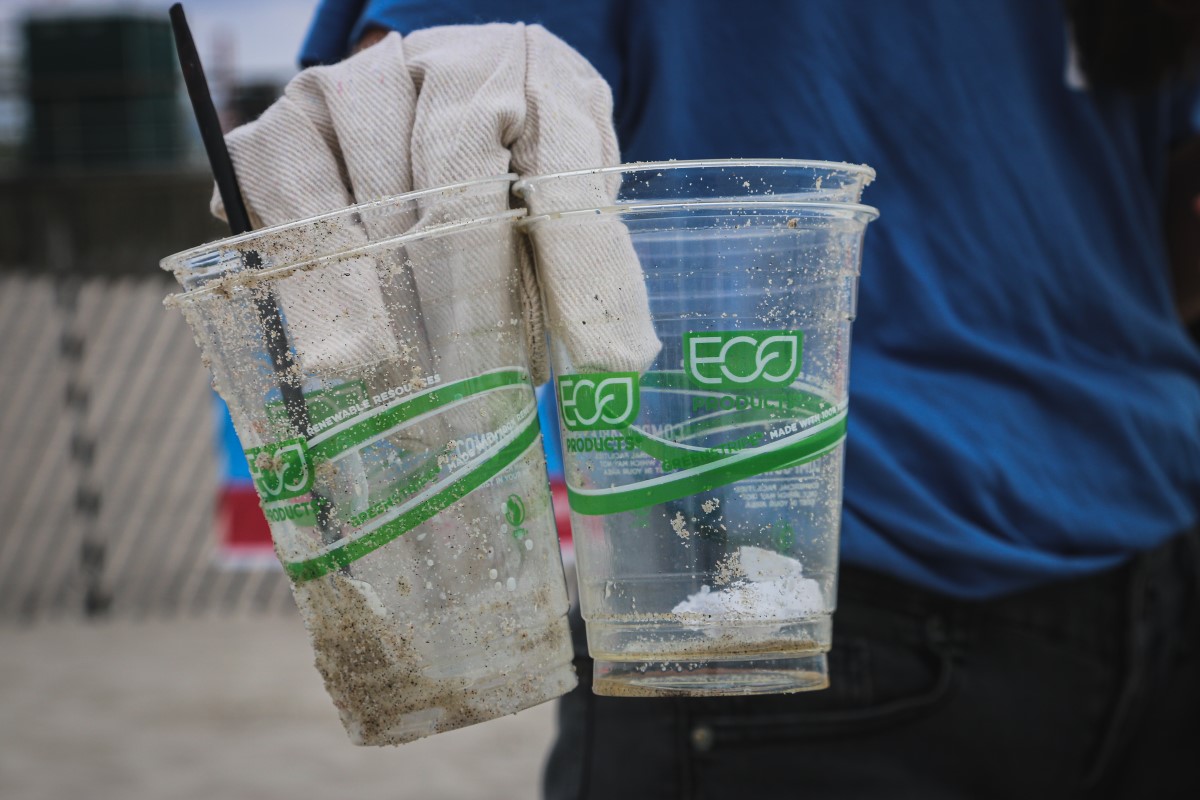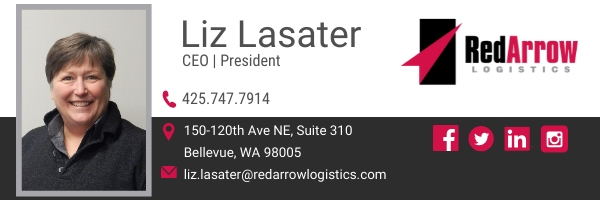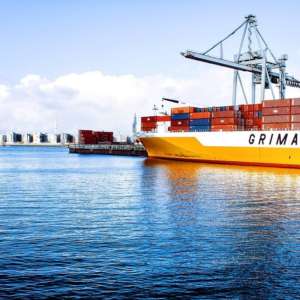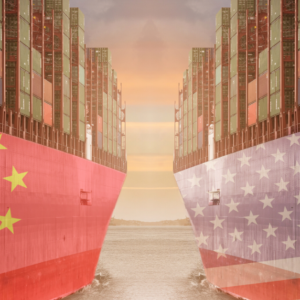In the face of a burgeoning consumer movement against plastic packaging, retailers and manufacturers are ramping up sustainability efforts and seeking to cut back on plastic. This is very difficult when plastics are involved in not only packaging but also production, shipping, and just about every stage of the supply chain: but concerns about climate change have been pushed higher on the agenda, and businesses can no longer ignore them.
About 6% of global fossil fuel consumption goes into making plastic. This is expected to increase to 20% by 2050. About a quarter of the 348 million tons of annual plastic production worldwide goes into packaging, but less than 14% of plastic packaging is recycled: the rest goes into landfills and ends up in our oceans. High-income countries often ship waste around the world for recycling, but much of it is simply dumped instead. This has also become more difficult since China closed its doors to waste imports last year.
Rethinking the Future of Plastics
Plastic is light, versatile, and durable, allowing companies to minimize manufacture and transport costs. But along with shifting public opinion, regulations are tightening: some 127 countries have placed limits on plastic bags, and the UK government has proposed making manufacturers responsible for the full costs of managing their waste. Thus, some are focused on making the plastic they use more recyclable, while others are looking into how different materials could replace plastic.
Tesco is the latest big name to work on plastic reduction: they recently announced they will remove one billion pieces of plastic from private label products by the end of 2020. Earlier this year, Tesco met with 1500 suppliers to inform them that packaging will form a key part of the decision-making process going forward. That means they may no longer stock products that use excessive plastic, or material that is difficult to recycle.
Walmart is also reducing plastic waste in its private brand, affecting more than 30,000 SKUs. Heineken will remove all plastic wrapping and rings from its beverages by the end of 2021, saving around 517 tons of plastic every year along its supply chain. And recently, Worldwide Flight Services became the first major air cargo company to start swapping out plastic products to a sustainable alternative made of Bio Nature Plastic.
Plastic Alternatives
Finding a workable and marketable alternative is easier said than done, though. Even if plastic can be replaced with something equally durable and reusable, glass and metal can mean higher greenhouse gas emissions due to their heavier weight. This complicates efforts to reduce emissions in the supply chain. The grocery chain Waitrose, for example, tried eliminating plastic from their produce section, but have hesitated to spread the policy to all stores.
“We spent 25 years building up a supply chain to bring convenience and low prices to customers… We need to recognize that changes might have unexpected consequences.”
Tor Harris | Head of Sustainability at the Ellen Macarthur Foundation
“We spent 25 years building up a supply chain to bring convenience and low prices to customers,” said Tor Harris, head of sustainability. “We need to recognize that changes might have unexpected consequences.”
Everything from production lines and quality testing to consumer response must be considered. It took Nestle two years just to remove all plastic from Smarties chocolate. Colgate-Palmolive spent five years— five years! — working on a recyclable toothpaste tube, which ultimately required more than 100 production lines in 21 factories worldwide to be retooled.
The fact is that it simply isn’t feasible removing plastic from the supply chain. But companies can make efforts to reduce their impact. About 400 consumer goods makers, packaging producers, retailers, and companies in the recycling industry are currently taking part in the New Plastics Economy: a project from the Ellen MacArthur Foundation which aims to keep plastic from becoming waste. Government signatories also include France, Rwanda, the UK, and the cities of Sao Paulo and Austin, who are putting into place policy measures that include bans, public procurement, extended producer responsibility (EPR) schemes, fiscal measures, and incentives for research and development.
“It’s not enough to just think about recycling… Companies have to think more fundamentally about their supply chain and the product design so as to need less packaging in the first place.”
Sander Defruyt | Lead, New Plastics Economy at the Ellen Macarthur Foundation
“It’s not enough to just think about recycling,” says Sander Defruyt, who heads the project. “Companies have to think more fundamentally about their supply chain and the product design so as to need less packaging in the first place.” We need to be thinking about the entire life of a product, from manufacturing to consumption to disposal, in order to reduce impact. It’s going to be difficult; there’s no way around that. But consumers will notice those who lead the charge.
Your Trusted Partner
Red Arrow provides expertise and white glove customer service with fast-growing, complex, and high-value supply chains. As the next-generation model of logistics companies, Red Arrow offers tailored transportation and logistics solutions – from single shipments to complex over-dimensional and international orders.
Red Arrow offers the scale and scope of services including air, ocean, and ground transportation to meet the budget and schedule requirements of the largest and smallest companies alike. If we can be of assistance, please email me at liz.lasater@redarrowlogistics.com or give us a call 425-747-7914.





